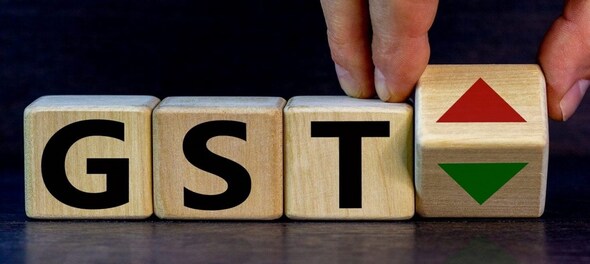
Fast-developing digital games — online play, video games, and esports — have been enthusiastically lapped up by broadly two classes of people: The young digital-age generation playing competitively for fun and real money, and the people with time on their hands to entertain themselves. The estimated number of gamers is seen exceeding 450 million in 2023.
The gaming industry designs games and provides a platform for both competitive gamers and entertainment consumers. A whole lot of creativity, innovation, investment, technology and participation ride on the gaming industry.
Confusing gaming with gambling is the root of all problems
Bygone era morality biases in society, the government and tax authorities make them unwittingly equate gaming with gambling and betting — playing cards is gambling, a waste of time, corrupts the youth and the like.
The existing law, however, recognises the subtle distinction. Section 65B(15) of the Finance Act 1994 defines gambling or betting as putting on stake something of value, particularly money, with the consciousness of risk and hope of gain on the outcome of a game or a contest, whose result may be determined by chance or accident or on the likelihood of anything occurring or not occurring. ‘Games’ and ‘contests’ referred to in the definition are only those the results of which are determined by chance or accident. Games and contests with the application of mind are not betting or gambling.
The GST law, as it stands today, also makes a distinction between betting/gambling and online gaming. Besides horse racing, betting and lotteries, GST at 28 percent is applicable only on gambling (GST Notification 11/2017 — online gambling services; entry 999692). The same notification prescribes a lower rate of 18 percent (under the heading 998439 — other online content), which applies to the games intended to be played on the internet such as role-playing games (RPGs), strategy games, action games, card games, children’s games, the payment for which may be made by subscription, membership fee, pay-per-play or pay-per-view. Online games are, by and large, as per this notification, not betting or gambling. The gaming industry has rightly been paying 18 percent GST.
The real confusion pertains to not treating the prize pool of online gaming as actionable claim. The gamers make the real money deposits/stakes to win higher amounts than the amount staked. The platforms which provide gaming services retain a part of the deposit, with the rest becoming part of the prize pool to be distributed to the gamers. The prize pool is indisputably considered an “actionable claim.” The CGST Act provides that actionable claims, “other than lottery, betting and gambling” are not supply of goods/services. As gaming is not gambling, the prize pool is not subject to GST. However, some misinformed GST authorities assessed GST on the total prize pool, which was rightly declared unlawful by Karnataka High Court (GamesKraft case).
GST Council decision is the last nail in the coffin
The three issues — whether gaming is gambling or betting; whether gaming should be taxed at 18 percent or 28 percent; and whether the GST should be levied on the platform fees or on the entire deposit — have been engaging the attention of the tax policymakers and the GST Council.
The GST Council on July 11 decided on all the three questions against the gaming industry. They equated online gaming with gambling and betting. They decided to levy 28 percent GST on all online gaming disregarding differences between games of chance and skills. They have also decided to exclude online gaming from the definition of actionable claim to apply 28 percent GST on the total deposit.
All the three decisions are wrong and bad policy
The GST is levied on value added, and not on the total value of output. The platform fees received by the gaming industry is the value added. The GST has to be levied only on the platform fee and other service charges received by the platforms. The total deposit (prize pool plus platform fee) is the actionable claim and therefore not subject to GST. By equating gaming with gambling to deny the application of actionable claim to online gaming industry, the government has displayed quite poor discerning ability.
Usually, the platform fees are about 10 percent of the total prize pool. Therefore, if 28 percent GST is charged on 100 percent of the prize pool, it will amount to 280 percent of the actual value added. To explain, Rs 100 prize pool yields Rs 10 as platform fee/value added. If Rs 28 is charged as GST, it will be 280 percent of the value added of Rs 10.
The decision to levy 28 percent GST on total deposit/prize pool is going to deal a death blow to the legitimate gaming industry in the country.
Let the tax policy nurture online gaming
Demand for esports, digital gaming and betting has been growing massively (platform fees are estimated to grow to $5 billion by 2025). This kind of growth would generate substantial value-added, income for gamers and entertainment for people. Unfortunately, the GST Council decisions would surely scuttle much of it.
The government(s) must stop this self-defeating move and not enact the amendments recommended by the GST Council.
— The author, Subhash Chandra Garg, is a former finance and economic affairs secretary. The views expressed here are personal.



